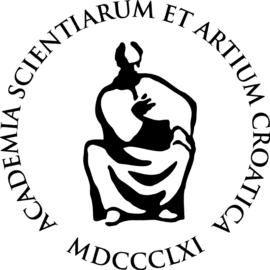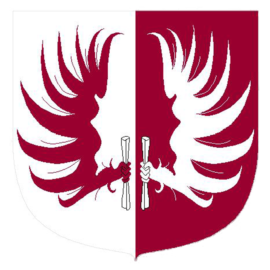Nazor’s Conversation with Ovid about Phaeton
Autor institution: Sveučilište u Zagrebu
Abstract:
In his note on the verses about Phaeton, Vladimir Nazor briefly described his own relationship to classical literature: “If I have taken a stone here and there – or a pebble – for my edifice, I did not come across it wherever, along the path where everyone passes, but I picked it up from the quarry which we all know and in which seemingly every – even the smallest – rock carries an indelible mark. It can immediately be discerned, for example, how much in composing the myth of Phaeton I relied on Maretić’s translation of Ovid’s Metamorphoses, and what difference lies between my Helios’s son and the character of the same name created by the great Latin poet.”
Ovid’s Phaeton pays tragically for his desire to prove himself, pays for his father’s reckless laxity, while Nazor’s character is a lonely rebel, a lone fighter against fears, who wants to ensure unlimited freedom for others. Both poets develop two parallel narrative strands: the description of events and the description of Phaeton’s psychological state. Nazor’s story, his conversation with Ovid, begins at the moment when the young man climbs the cart with the desire to prove he is Helios’s son, even though his father warns him: “You are of mortal fate, and what you desire is immortal” (Sors tua mortalis: non est mortale quod optas). Horses unaccustomed to an unskilled driver escape his control, a race ensues in the sky among the constellations – heavenly beasts. Due to excessive speed and proximity to Earth, fire breaks out on Earth, and Zeus throws an arrow and hurls Phaeton into Eridanus. Through gradation, Ovid describes Phaeton’s fear and panic until his tragic end. Nazor’s Phaeton, on the other hand, is not afraid at all; he wants to chase away the fear that “gods cast upon humans in their cradle”. Nazor, therefore, does not recognize the mythological hierarchy of values, he sings a hymn to man and his strength, following in this way the tendencies in European literature and visual arts at the beginning of the 20th century.


